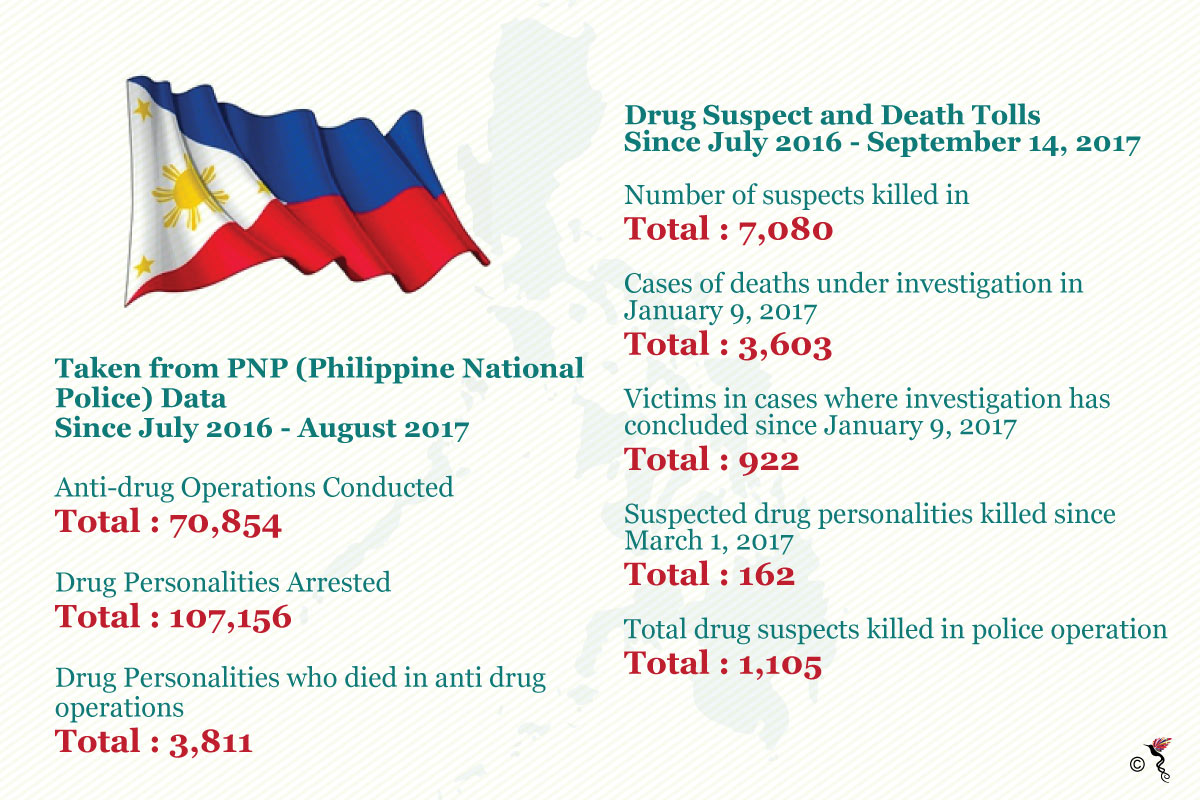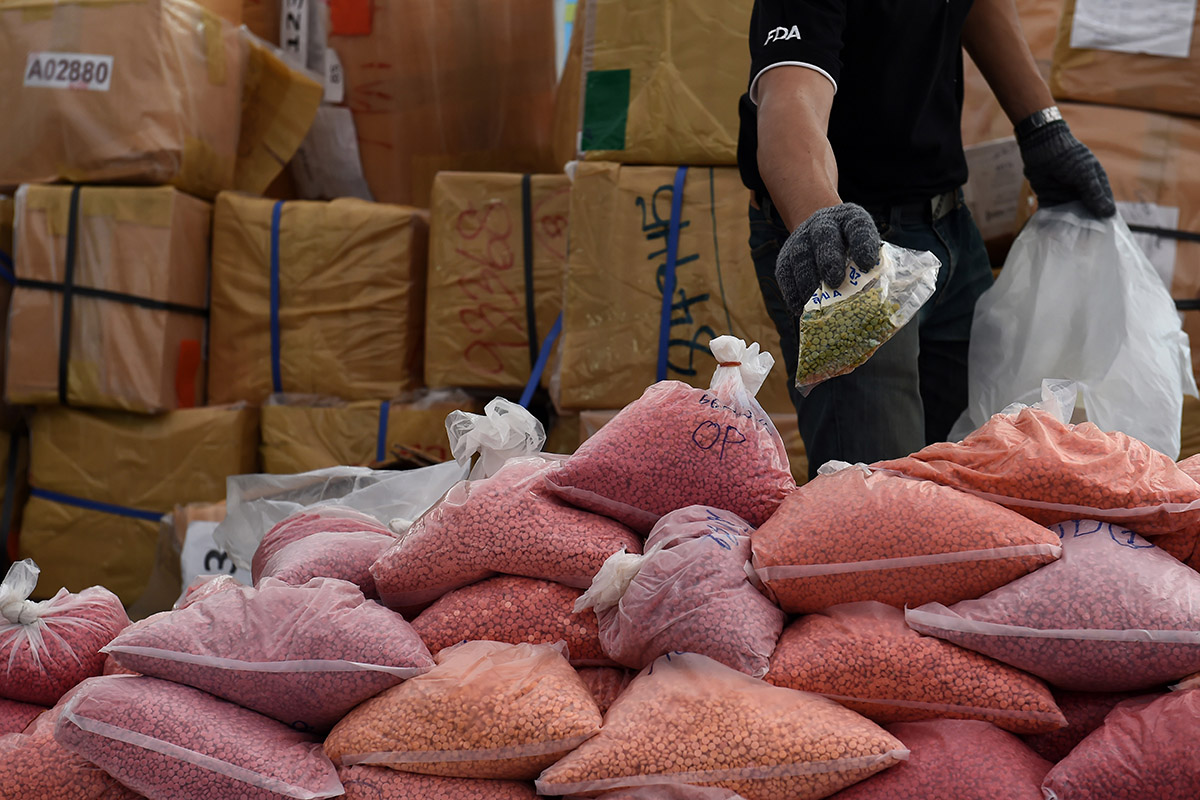Southeast Asia has its problems with drug-related crime mostly with trafficking and substance abuse, and each country in the region has been tackling this issue differently.
There was a visualisation of a Drug-Free ASEAN in 2015. This vision was created to successfully and effectively address illicit drug activities and mitigate its negative consequences to society.
According to the “Drug-Free ASEAN 2015: Status and Recommendations” report, this was supposed to be done through significant and sustainable reduction in illicit crop cultivation, illicit manufacture and trafficking of drugs and drug-related crimes, and prevalence of illicit drug use.
However, the “drug-free ASEAN 2015” vision did not materialise.
Fast forward to 2017, some ASEAN member states came up with their own policies in return. Most countries in the region have strict laws against drug-related crimes.
Policies throughout the region
The Philippines offers a hard-hitting example of the costs of violent repression – loss of lives, increased violence, public expenditure, impact on public health and an undermining of the rule of law. Despite these costs, there is no sign of any long-term disruption in trade.
Philippine’s current war on drugs has been headlining the news since President Rodrigo Duterte took office in June 2016. The “war on drugs” has led to the deaths of over 12,000 Filipinos to date and has been dubbed as a “crime against humanity” by Human Rights Watch, an international non-governmental organization that conducts research and advocacy on human rights.
In Singapore, there is a Misuse of Drugs Act where persons caught with at least half an ounce of heroin, at least 1 ounce of morphine or cocaine, or at least 17 ounces of marijuana are presumed to be trafficking in drugs and face a mandatory death penalty.
In between 1991 and 2004 alone, 400 people were hanged for drug trafficking in Singapore.

Statistics on the Philippine drug war.
Indonesia too, has strict drug laws and prescribes the death penalty for the trafficking of hard drugs, with lesser penalties for softer drugs such as marijuana.
Consisting of 17,000 islands of which 11,000 of them are being inhabited, it is impossible to control all borders to locate the manufacturing of drugs in this archipelagic nation. This is one reason behind the strict drug trafficking laws in Indonesia.
With Thailand being one of the larger producers of drugs in Southeast Asia, it is one country that perhaps should tighten up the enforcement of its drug laws and punishments. Thailand’s Narcotics Act has a discretionary death penalty for producers, importers or exporters of hard drugs, including opium. However, Thailand, at least nowadays, is conservative about sentencing the death penalty; between 2010-2015, there were no state sanctioned executions.
As of last week, an amendment to Malaysia’s Dangerous Drugs Act 1952 was to remove the mandatory death penalty for drug offences and to instead give judges full discretion in sentencing.
The previous version of the amendment bill said that the judge could only exercise their discretion if the Public Prosecutor issued a certificate declaring that the convict had cooperated with authorities. The amendment bill however does not apply in retrospective for previous convictions.
In Cambodia, the death penalty was abolished but the Law on the Control of Drugs augurs harsh sentencing for those caught with controlled substances, at least on paper. Cambodia's laws prescribe punishment ranging from 5 years to life in prison, but law enforcement is lax.
How can these policies change?
To ultimately solve Southeast Asia’s long-standing drug problem, there is indeed no single punishment or policy that can exist for all kinds of drug users, or drug-related crimes.
However, there is cause to be optimistic and hope for more people-centred reforms for drug policies in Southeast Asia.
For example, Thailand is considering alternatives to punishment in the drug trade, shifting its policy paradigm towards a public health approach.
Apart from that, Myanmar is also reviewing its drug law that considers removing lengthy prison sentences for people who use drugs and replacing them by prevention, treatment, rehabilitation and care.
While there is evidence that a zero-tolerance approach to drugs does not work, it is also important to steer the discourse towards what does, and to impel leaders in that direction.
Recommended stories:
